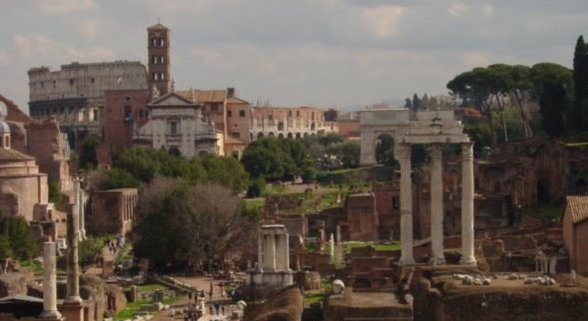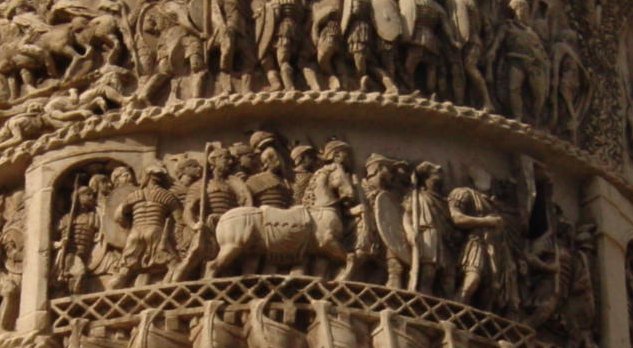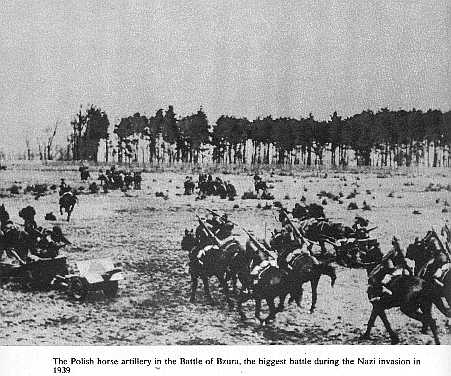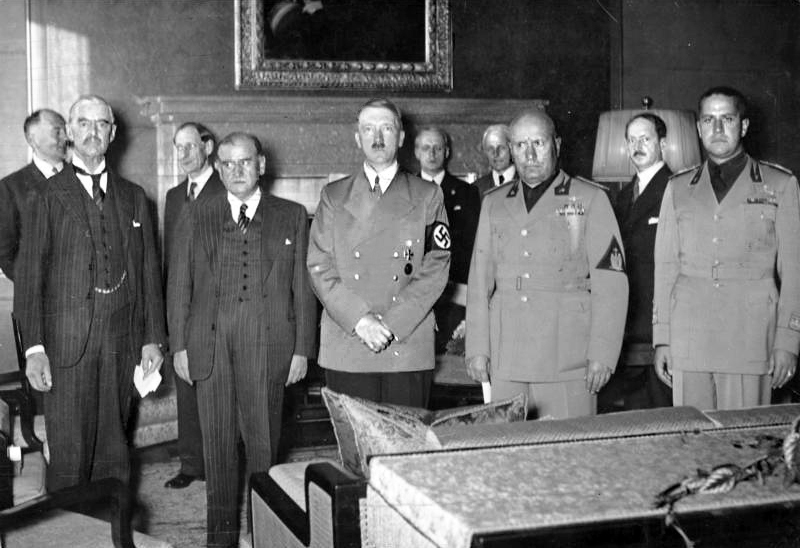
Much of the growth in health care costs comes from lifestyle choices. Being fat, not exercising, smoking, drinking too much taking drugs and lots of other choices make people sick or sicker. The debate is whether or not lifestyle should affect health premiums.
You get a familiar breakdown. Believers in individual responsibility say that people should try harder. Just say no to the donuts and yes to the walk. Others respond that it is not their fault. That some people cannot afford to eat right or don’t have the time to exercise. (IMO, if you can afford to be fat, you can afford not to be, since it tends to cost less not to eat as much.)
Let’s stipulate that we are not talking perfection. Few people can be in top-shape for extended periods, even if we could define what top-shape means. But most people can indeed eat reasonably well and exercise moderately. If we could just bring the rate of obesity down to 1980 levels, we would be a lot better off. This is not perfection. It should be attainable by all or most. It is also true that no matter what you do sometimes you will get sick, maybe seriously sick. We need protection from that. Reasonable.
Another stipulation is that I hate the use of the passive voice in health care and the language of victimization. When I hear someone say that he wasn’t “offered the opportunity” of a good lifestyle or – worse – when they say “it’s is not my fault” or “I was denied the chance,” I know I am talking to a loser.
That is my prejudice. Not everyone can be perfect but everyone can change their lifestyles to improve.
So let’s strip down the debate. We don’t have the personal responsibility crowd v the caring people. What we really have is the incentive folks v the determinists. If you believe that incentives can change behaviors, you tend to fall on the side of responsibility. If you believe that large forces determine your behavior, you are a determinist.
A false moral argument is that we need to take care of each other and help to the “least fortunate among us” (another phrase I dislike). This argument is usually made with a cry in the voice and it is meant to stop debate. Don’t let it. It is not really wrong, but it is incomplete.
I think we DO indeed have responsibilities to each other, but it should not be unconditional. If you fall through the ice on a frozen lake, I should help pull you out. But you should have shown reasonable care in not getting out on that lake and risking both our lives, and if you fall through too much, maybe we should let you make an ice cube of yourself. We have a duty to help the sick and downtrodden, but if the sick and downtrodden have fallen into that position because of their foreseeable bad behavior, THEY have let down the team. A person who becomes sick because of something like drug abuse, obesity or heavy smoking is probably more a perpetrator than a victim since he demands resources that could be used in better ways but for his misbehavior.
It is clear to me that big forces do determine many general directions. But within those big directions, we have a lot of choice and we can and do respond to incentives. Sometimes you have to “blame the victim” because the victim consistently puts himself in positions or places were bad things happen. We do have to be judgmental and have the duty to stigmatize bad behavior and reward good behavior. It does nobody any good to pretend that the obese person is a victim of society or that his/her behavior will not increase the chances of premature death and higher health care costs.
So we should all do our parts. As in a good team, we don’t demand everybody make equal contributions, but we do demand that everybody do what they can. There is no virtue in letting yourself become a victim through indolence, ignorance or lack of discipline. Those people are stealing from those who get sick because of true bad luck or forces beyond their control.








